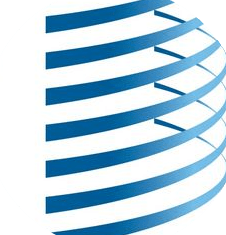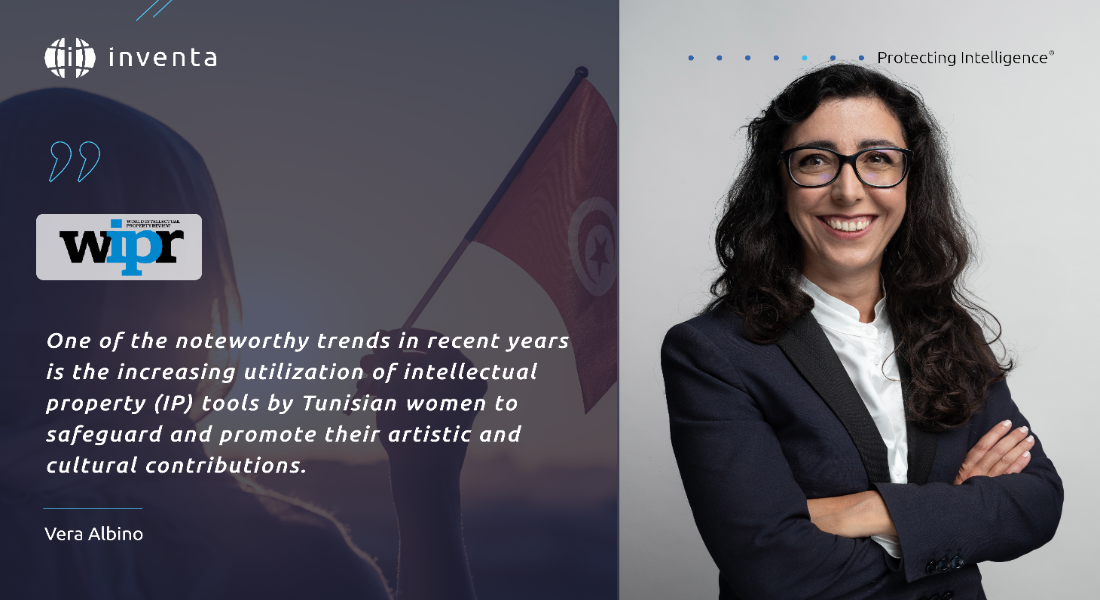OPINION
The Tunisian women leveraging IP to protect their art and heritage
Each year, on August 13, Tunisia observes National Women's Day, a significant occasion marking the anniversary of the 1956 promulgation of the Code of Personal Status. This landmark legal framework was pivotal in granting Tunisian women rights and freedoms that were unparalleled in the Arab world, setting a precedent for gender equality and women's rights.
Despite the progress made, the journey toward gender parity remains a continuous struggle, as highlighted by the short film "Beyond Reality" directed by Bechir Zayene, which underscores the ongoing challenges and setbacks faced by women in Tunisia, including the recent decline in female representation in parliament due to changes in electoral regulations under President Kais Saied.
Nonetheless, Tunisian women continue to make remarkable strides in various fields, demonstrating resilience and innovation. With a literacy rate of 72% and constituting 42% of higher education students, Tunisian women are not only advancing academically but also making significant contributions to the country's development.
This progress is exemplified by the Tunisian female team that achieved third place at the European Inventor Award 2024, reflecting the burgeoning role of women in scientific and technological innovation.
One of the noteworthy trends in recent years is the increasing use of intellectual property (IP) tools by Tunisian women to safeguard and promote their artistic and cultural contributions. IP rights, including patents, trademarks, and copyrights, offer essential protections that enable creators to preserve their works, secure economic benefits, and gain recognition on both national and international stages.
Various Tunisian authorities, including the Ministry of Cultural Affairs and the Ministry of Justice, along with international organisations such as the European Union, the United Nations Development Programme (UNDP), and the African Development Bank, have played a crucial role in supporting these endeavours. Through events, partnerships, and financial support, these institutions are helping to raise awareness about the importance of IP and provide critical resources for women entrepreneurs and artists.
The achievements of Nadia Khiari, Sonia Feki, Sadika Keskes, and Samia Ben Abdallah exemplify the significant role of IP in supporting and advancing Tunisia’s creative and entrepreneurial landscape.
The following are four prominent examples of Tunisian women who have effectively leveraged IP tools to protect and promote their artistic and cultural creations, both within Tunisia and on the global stage:
1. Nadia Khiari: Creator of Willis from Tunis
Nadia Khiari is a distinguished Tunisian cartoonist renowned for her creation, Willis from Tunis. This character, a satirical cat, offers poignant commentary on political and social issues in Tunisia and beyond. Through her cartoons, Khiari employs humour and incisive wit to address contemporary societal challenges, critique political figures, and explore social norms. Her work has garnered international acclaim, earning numerous awards for its insightful and thought-provoking content.
In addition to securing copyright protection for her cartoons, Nadia Khiari has also registered her character Willis from Tunis as a trademark in Tunisia. This dual approach—protecting her IP through both copyrights and trademarks—ensures that her creative expressions are safeguarded from unauthorised use and exploitation. By doing so, she not only preserves the integrity of her work but also enhances its economic value and cultural significance.
2. Sonia Feki: Founder of “HABIBA Jewellery”
Sonia Feki, the founder of "HABIBA Jewellery," has channelled her personal grief into a flourishing business that celebrates traditional Tunisian craftsmanship and the resilience of women.
Named in honour of her late mother, the HABIBA Jewellery brand embodies elegance and cultural heritage through meticulously handcrafted pieces. Each item of jewellery reflects traditional Tunisian techniques and showcases the skills of local artisans.
To protect her brand on an international scale, Sonia Feki used the Madrid System for international trademark registration.
This system allows her to secure trademark protection across multiple jurisdictions, safeguarding her brand against infringement and counterfeiting. By leveraging this global IP tool, Feki ensures that HABIBA Jewellery’s distinctive designs and cultural heritage are preserved and recognised worldwide.
3. Sadika Keskes – Founder of the Sadika Glass-Blowing Center
The Sadika Glass-Blowing Center in Gammarth, Tunisia, is a testament to the artistic excellence and resilience of Sadika Keskes. Established in 1984, the centre has gained international acclaim for its artisanal glass art, with creations featured in prestigious locations such as the Vatican and New York’s Rockefeller Center. Sadika Keskes’s dedication to her craft and her ability to overcome significant challenges, including those arising from the 2011 Jasmine Revolution, have solidified the centre’s reputation as a global leader in glass art.
The centre's success is partly attributable to the strategic protection of its IP. The trademark "SADIKA" has been registered in key international markets, ensuring that the brand's unique glass creations are safeguarded against imitation and unauthorised use. This IP protection has facilitated the centre's expansion into new markets, securing its place as a prominent player in the global art scene.
4. Samia Ben Abdallah: Owner of AWA Leather Goods
Samia Ben Abdallah, a graduate of the National School of Architecture and Urban Design in Tunis, founded "AWA" (Architect with Artisan) in 2017. Her brand, which specialises in leather goods and accessories, is inspired by Tunisia's architectural heritage and showcases the talents of local artisans.
Samia’s approach to business emphasises sustainability, using leather offcuts from luxury brands and sourcing unsold “fast fashion” items through the Indigo Tunisia platform.
Supported by the Souk At-tanmia program, Samia meticulously planned her business and utilised trademark protection to secure the uniqueness of the AWA brand.
Over six years, AWA has introduced over 100 product lines and expanded into international markets. Samia's strategic approach, combined with high-quality training from Souk At-tanmia, has been instrumental in her success. Her future plans include further international expansion and the establishment of strategic partnerships to drive growth.
Summary
Tunisian women are adeptly harnessing IP tools to safeguard and elevate their artistic and cultural contributions. By effectively utilising IP rights, they not only protect their creations but also enhance their global presence and economic potential.
The achievements of Nadia Khiari, Sonia Feki, Sadika Keskes, and Samia Ben Abdallah exemplify the significant role of IP in supporting and advancing Tunisia’s creative and entrepreneurial landscape.
These women’s successes underscore the importance of IP protection in preserving cultural heritage and promoting innovation, highlighting the ongoing impact of Tunisia’s pioneering spirit in championing women’s rights and creativity on the global stage.
This is a co-published article, which was originally published in the World Intellectual Property Review (WIPR).
Learn more



